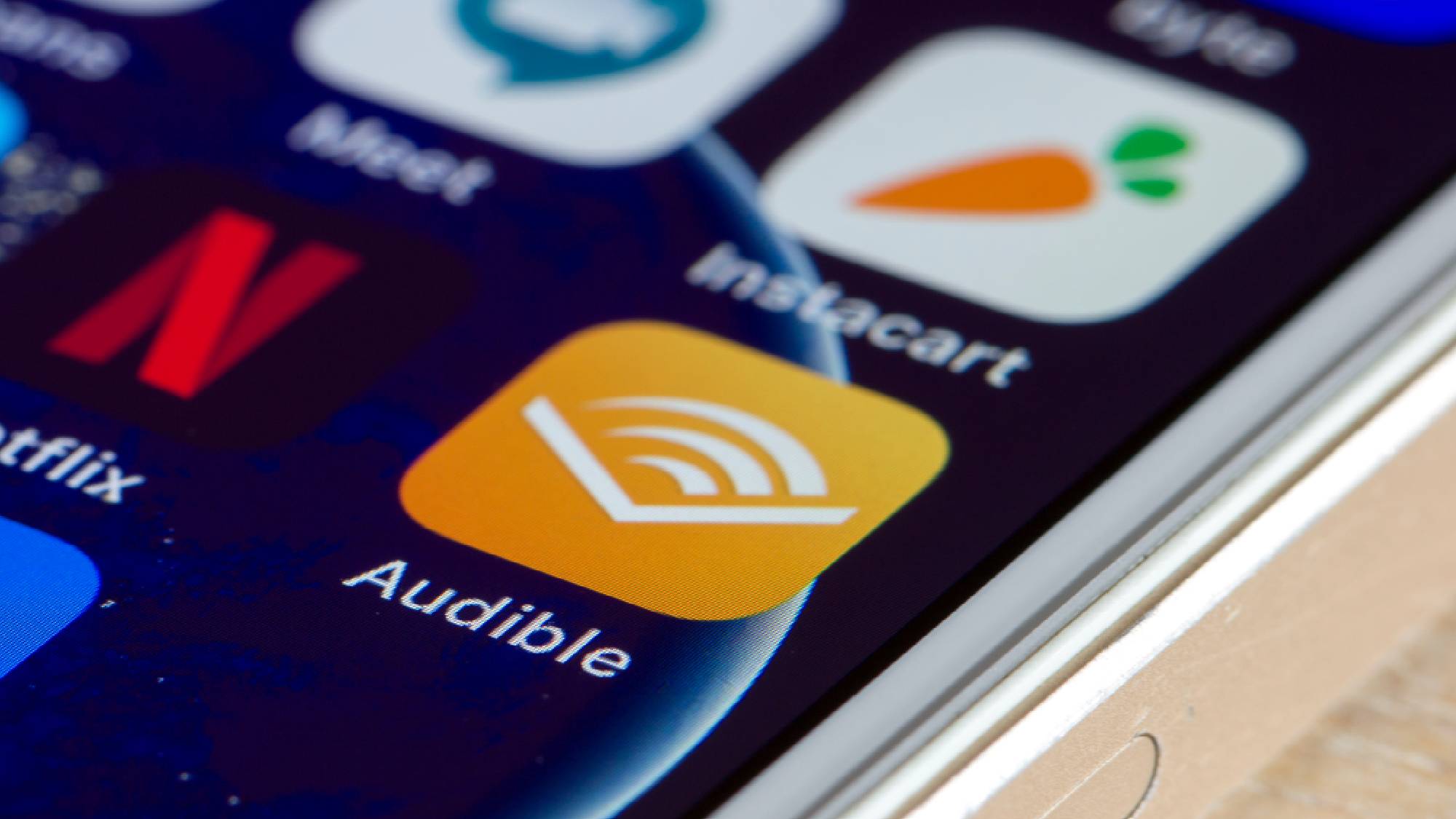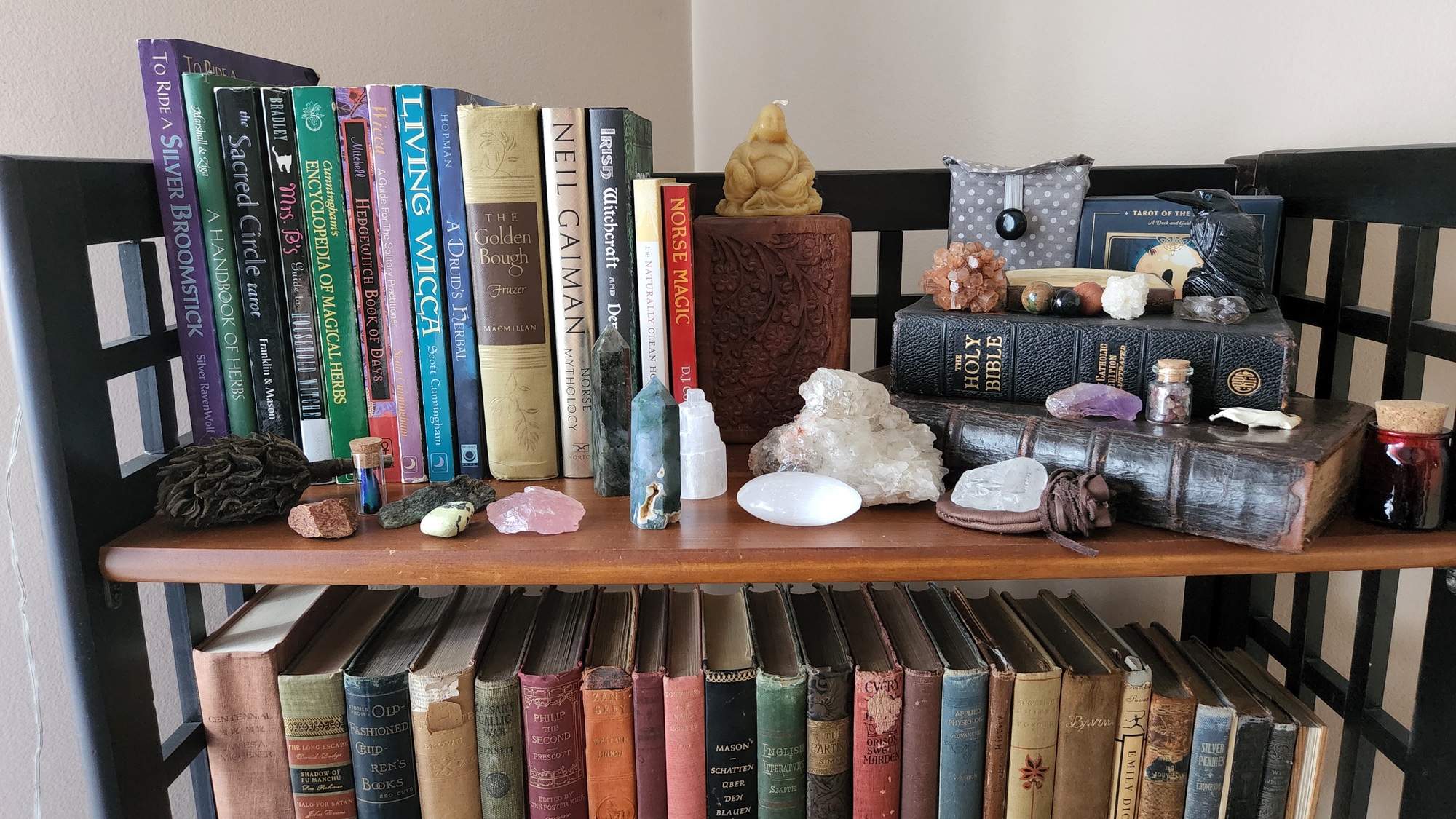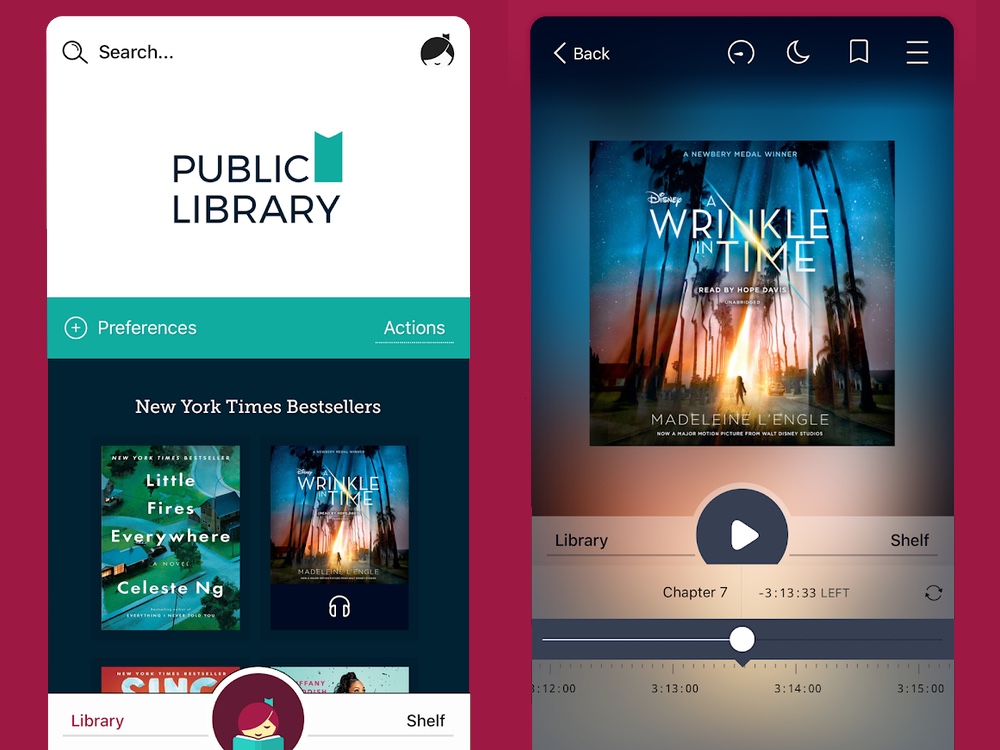I used to hate audiobooks, and now I'm a diehard Audible user
I used to look down on audiobooks, and I was a fool. Don't make my mistake—there's loads of excellent reading material out there waiting to be read to you.

Friends, readers, fellow book lovers — hear me out. I come not to bury books, but to praise them.
As a lifelong reader, I’ve happily spent more than I should on books I’ll never get around to actually finishing. Creating stacks for shelf upon shelf of tomes I pretend I’ll get to one day.
But as good as a nice book is, an audiobook is even better, for a few reasons that have become much more evident to me over the past few years. In my 20s I was content to think little of audiobooks, pigeonholing them as nice alternatives to real books for the lazy, the old and the blind. But as my 30s washed over me I started to notice a persistent ache in my hands after a long day of typing that wouldn’t go away, even after a good night’s rest. Soon, it got worse.

Suddenly, the simple act of holding a book open caused me great pain. Even the lightest paperbacks started to become agonizing to hold after a few minutes. Laying books out on a flat surface to read helped a bit, but it was still a painful hassle to position them just right and turn the pages. I spoke to a number of medical specialists and was diagnosed, at points, with overuse, RSI, or carpal tunnel in both hands and wrists. Whatever the issue may be, my days of lazing on the couch with my nose in a book are over.
I mention this not for sympathy but so that you know how quickly you can lose the use of your hands without apparent injury, and how young it can happen. Luckily I’ve since managed to claw back some mobility and strength in my hands thanks to rounds of physical therapy and some lifestyle changes, like investing in ergonomic work equipment and taking regular breaks to stretch throughout the day.
A good narrator can breathe life into a scene, and I was a rube to think I couldn’t enjoy a book being read to me."
One of the changes I made that proved more positive than I expected was swallowing my pride and embracing audiobooks. For a decade or more I told myself I didn’t like them because they were too slow or too overwrought, with ridiculously high prices (said the poor writer who haunts the used book shop clearance rack) and dubious audio quality. And while those complaints are still valid in some cases, I’ve come to see how silly and unfounded they all are when you consider the panoply of narrated narrative content available to someone with an Internet connection and a bit of spending money. Heck, you don’t even need the money if you patronize a free audiobook service like LibriVox or OverDrive, which are among the best audiobook apps on the market for skinflints like me.

No, I have to admit that I was a fool to denigrate audiobooks as some sort of lesser version of books for folks who couldn’t handle Real Literature. Now it is I who can't handle literature, in a very literal sense, and as my body fails me I turn to technology to fill the gap. Suddenly I feel ashamed for even joking about being above audiobooks. Now I don’t get on a plane without a few books downloaded in my Audible app, and on long walks at night I’ll often shut off my podcasts or music and listen to a book instead. A good narrator can breathe life into a scene, and I was a rube to think I couldn’t enjoy a book being read to me. Shucks, isn’t that one of the best parts of early childhood for so many of us?
Sure, there are plenty of subpar performances on offer across the various audiobook services, but with a bit of time and experimentation you can quickly find the styles and narrators you like. Some of my favorites, for example, are books ready George Guidall and Samuel Roukin, trained performers who do the voices without hamming it up too much. I’m also a big fan of audiobooks read by their authors. Whether it’s Neil Gaiman reading Norse Mythology or John Darnielle reading Devil House, I think the best way to understand what a writer was trying to convey with a story is to hear them tell it themselves. If you’re lucky, you might even get some bonus content – Darnielle not only narrates Devil House, he composed some original music (and he’s no amateur, being the founder and frontman of The Mountain Goats) that plays during the performance.
I think the best way to understand what a writer was trying to convey with a story is to hear them tell it themselves."
I’m less a fan of some of the more dramatized audiobooks out there, the ones that include casts of narrators, music and sound effects to help immerse you in the action. Graphic Audio is a good example of a company producing these kinds of stories, and while I tend to prefer a lone narrator over a full cast I think some folks might find these performances to be more enjoyable than simply reading the print version. If you like listening to casts of actors do table reads of your favorite shows, for example, you can find plenty of audiobooks performed by casts of actors with remarkable panache.
Whatever your tastes may be, I think you should give audiobooks another shot if you haven’t listened to one recently. When I was a ‘90s kid I can remember checking some out from the library that came in big folders full of cassette tapes, and even if the audio quality was good (it wasn’t) the hassle of having to swap out a tape in the deck every hour or so was more than enough to sour a pre-teen on the whole affair.
Don’t be like 11-year-old me. Audiobooks have come a long way since then, and while they’ll never replace books I think they’ll always be a valuable alternative that helps book nerds of all ages and walks of life fit more reading into their day. And yeah, let’s just call it reading. After tripping over my words a dozen times or more by saying “yeah I read that” when I really meant “yeah I listened to someone read that”, I’m over it. If you listened to the audiobook, you read the book.
Sure the verb’s not quite right, but language changes over time, and eliminating the stigma around audiobooks is worth a little twisted English.
Sign up to get the BEST of Tom's Guide direct to your inbox.
Get instant access to breaking news, the hottest reviews, great deals and helpful tips.

Alex Wawro is a lifelong tech and games enthusiast with more than a decade of experience covering both for outlets like Game Developer, Black Hat, and PC World magazine. A lifelong PC builder, he currently serves as a senior editor at Tom's Guide covering all things computing, from laptops and desktops to keyboards and mice.
